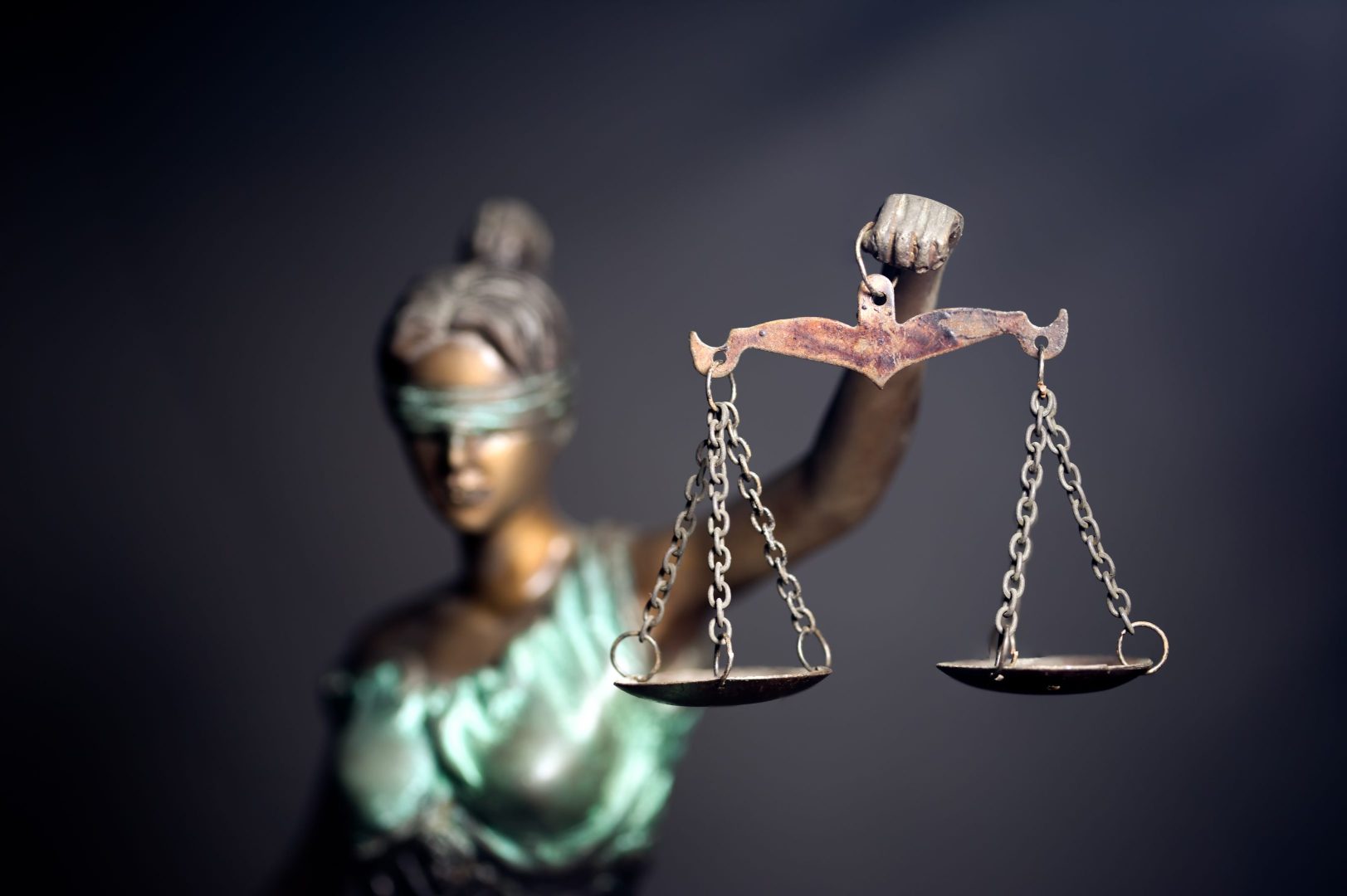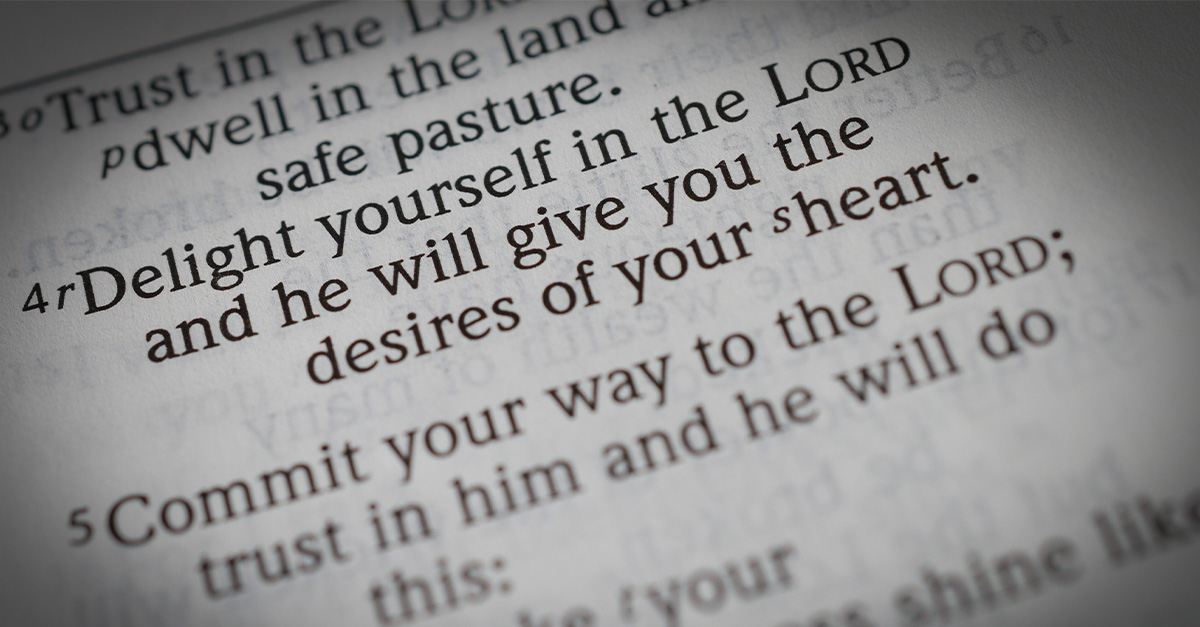


Get a free copy of Parental Rights & Education when you subscribe to our newsletter!

“Justice Thomas said that he holds ‘enduring hope that this country will live up to its principles so clearly enunciated’ when we declared our independence 247 years ago. As we celebrate July 4th, let us thank God that our nation has moved another step closer to a ‘more perfect union,’ one where Americans are judged by what they do and not how they look.”
–JASON MATTERA
I’m a vocal proponent of church leaders being culturally engaged.
And who better to help God’s flock think clearly about these important issues than those who’ve been entrusted to teach and preach from the pulpit.
But, my goodness, if you’re going to speak out publicly on a topic, at least be semi-informed about the subject matter at hand.
When it came to the Supreme Court’s striking down affirmative action, leftist clergy came up short.
Bigly.
Let’s start with Ekemini Uwan, a self-described public theologian and “Pan-Africanist,” whatever that is. She called the SCOTUS decision “spiritual wickedness in high places” and said America “must be born again” as a result.
Clearly not one ashamed of histrionics, Uwan also added that her “soul cries out!”
This lamentation, mind you, was not over the Biden administration’s actively pushing transgender ideology from the Oval Office or flying the “Pride Flag” outside the White House or even over blue states codifying abortion with virtually zero restrictions.
Nope, this outburst was because six justices on the nation’s top court said that “preferential treatment” based on skin color was immoral and illegal.
Chief Justice John Roberts summed up the majority opinion this way:
“The Harvard and UNC admissions programs cannot be reconciled with the guarantees of the Equal Protection Clause. Both programs lack sufficiently focused and measurable objectives warranting the use of race, unavoidably employ race in a negative manner, involve racial stereotyping, and lack meaningful end points. We have never permitted admissions programs to work in that way, and we will not do so today.”
Next up, there was a guy named Duke Kwon, a D.C.-based pastor and reparations advocate.
He groused, “I can’t stand that Asian Americans are at the center of the SCOTUS ruling that ended affirmative action.”
But why, Pastor?
Did you read the particulars of the case outlining how biased Harvard and the University of North Carolina were toward Asian Americans?
My guess is, he didn’t.
So, let’s fill Kwon in on those important details. Perhaps, afterward, he’ll be able to “stand” the outcome.
According to a brief cited by Justice Roberts, “black applicants in the top four academic deciles are between four and ten times more likely to be admitted to Harvard than Asian applicants in those deciles.”
The same was true for the University of North Carolina:
“[O]ver 80% of all black applicants in the top academic decile were admitted to UNC, while under 70% of white and Asian applicants in that decile were admitted…In the second highest academic decile, the disparity is even starker: 83% of black applicants were admitted, while 58% of white applicants and 47% of Asian applicants were admitted.”
Rather than grieve that Asian students were at the “center” of this milestone event, you’d think Pastor Kwon would celebrate that admission directors can no longer assign value to students solely based on their ancestry.
You’d think a man of the cloth would realize that, since we’re all descendants of “one man,” racial categories themselves are both arbitrary and unbiblical.
You’d think a man supposedly representing God’s Word faithfully would take the opportunity to praise the fact that American jurisprudence took a crucial leap forward in curtailing the “sin of partiality” from civic life.
Then there was a pastor out of Brooklyn, New York, Rasool Berry, who in a tweet rattled off a list of discriminatory codes in America’s past, such as slavery, Jim Crow, redlining, etc., and then asked rhetorically, “But solutions to correct the inequalities can’t be race based? #affirmativeaction.”
Like with much of the instant commentary on social media, Mr. Berry doesn’t have a clue.
Students for Fair Admissions v. Harvard/UNC didn’t evaluate the legality of policies enacted to address de jure racism of a previous era. To the contrary, the Supreme Court nearly 50 years ago rebuffed the argument that academic institutions were in the position of “remedying…the effects of ‘societal discrimination,’” describing this grandiose vision as “an amorphous concept of injury that may be ageless in its reach into the past.”
Instead, this affirmative action case primarily hinged on whether colleges and universities were legally permissible to use race as a bonus in the admissions process in their efforts to engineer a “racially diverse student body.” The claim put forward was that this “race-conscious” system was warranted because such “diversity” provided a host of “educational benefits” that could not be achieved on campus otherwise.
Yet by a 6-3 margin, the Supreme Court declared that this diversity standard did not meet constitutional muster and is therefore prohibited from continuing.
It turns out that, no matter how many times Kamala Harris repeats it, there is no “diversity is our strength” exception to the 14th Amendment. “Eliminating racial discrimination means eliminating all of it,” asserted Chief Justice Roberts.
To be fair, although these church leaders didn’t quite understand the question before the Court, I’m sure many of them truly do have good intentions when it comes to “leveling the playing field” for minority students as a way of rectifying past injustices.
Their passion may be misdirected, but it’s a noble goal, nonetheless.
That said, “Racialism simply cannot be undone by different or more racialism,” to quote Clarence Thomas.
And he would know.
Justice Thomas grew up in the segregated South and is “painfully aware of the social and economic ravages which have befallen my race and all who suffer discrimination,” he wrote in his powerful concurring opinion.
However, the “solution,” he noted, is “incorporated in our Constitution: that we are all equal, and should be treated equally before the law without regard to our race.”
It is “only that promise,” he adds, which “can allow us to look past our differing skin colors and identities and see each other for what we truly are: individuals with unique thoughts, perspectives, and goals, but with equal dignity and equal rights under the law.”
Thomas said that he holds “enduring hope that this country will live up to its principles so clearly enunciated” when we declared our independence 247 years ago.
As we celebrate July 4th, let us thank God that our nation has moved another step closer to a “more perfect union,” one where Americans are judged by what they do and not how they look.
And let us thank God for Clarence Thomas.
May future generations be blessed with justices just like him.
Follow Jason on Twitter! @JasonMattera
Ready to dive deeper into the intersection of faith and policy? Head over to our Theology of Politics series page where we’ve published several long-form pieces that will help Christians navigate where their faith should direct them on political issues.

Notifications